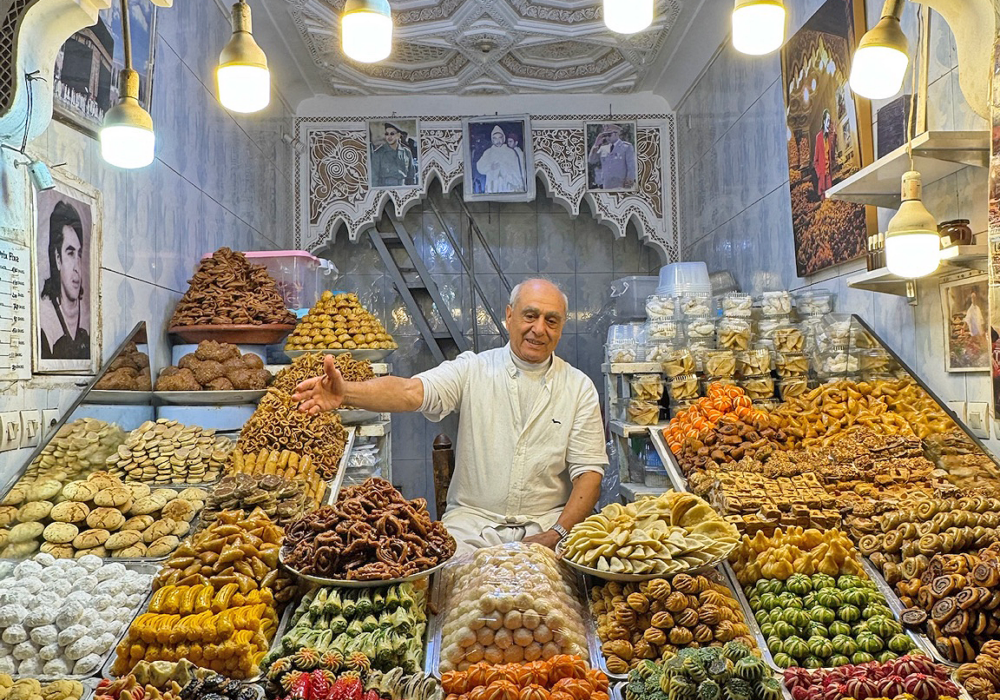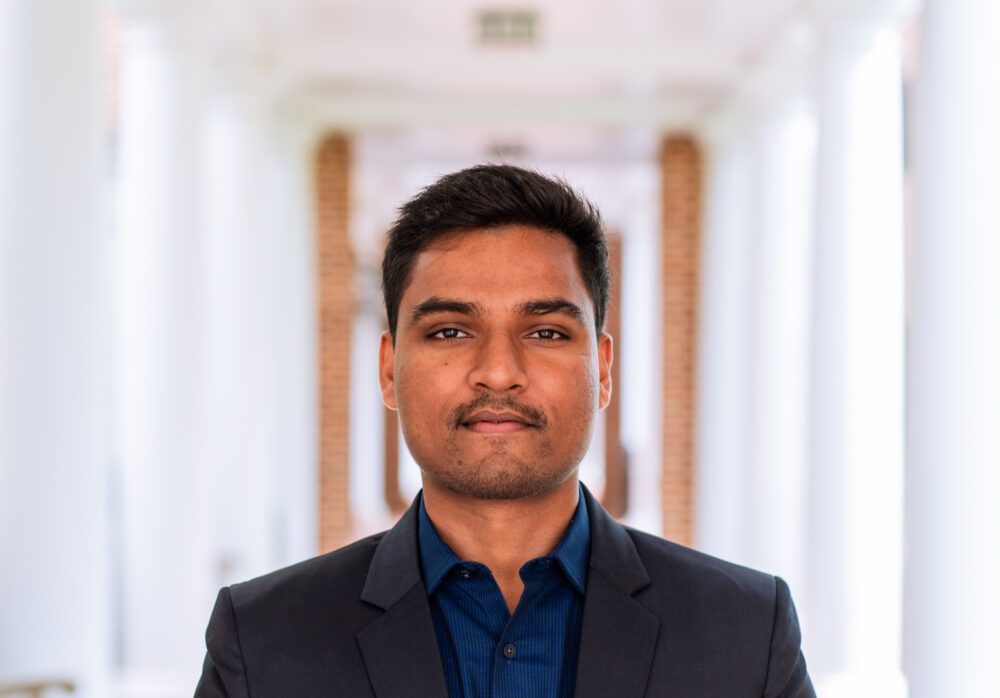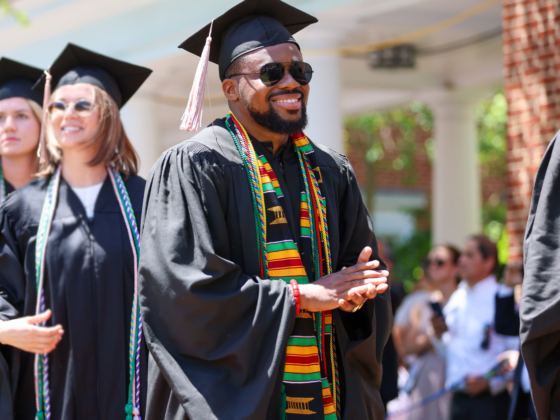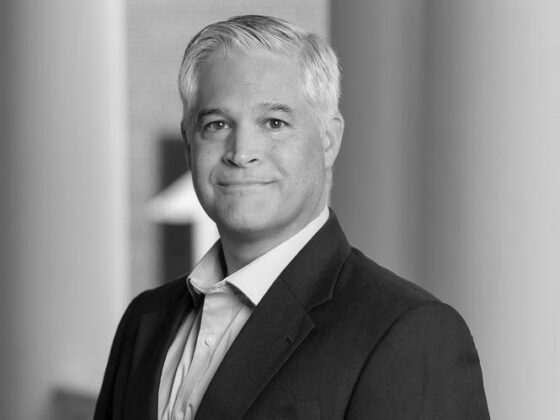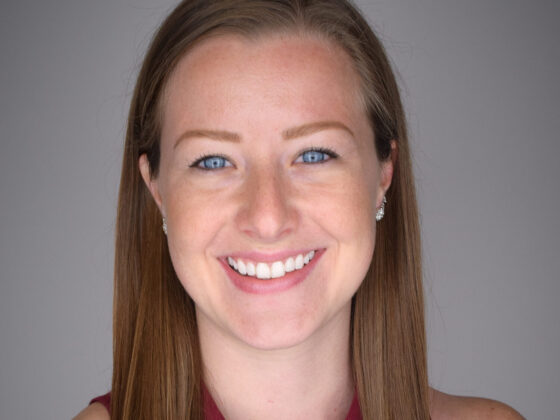Harsh Singh (MBA ’25) is the Vice President of the Global Business and Culture Council and the Social Refresh Initiative. When he is not analyzing case studies, Harsh says he enjoys belting out tunes, strumming on his guitar, and jamming with colleagues — proving that even strategists need to harmonize. With experience in healthcare consulting, growth strategy and business development at a medical devices firm in India, Harsh aspires to make a meaningful impact in the healthcare space as a growth strategist after earning his MBA.
In October, Harsh embarked on a Darden Worldwide Course to Morocco. As a final assignment for the course, he wrote a reflection paper discussing his experience and major takeaways:
Final Reflection: Morocco Darden Worldwide Course
My journey to Morocco as part of the Darden Worldwide Course was an eye-opening experience that fundamentally shifted how I view business in a different cultural context. From company visits to personal encounters, I gained deeper insights into Morocco’s dynamic intersection of tradition and modernization. This reflection focuses on the key takeaways that reshaped my thinking about business in Morocco and highlights how specific experiences challenged preconceived ideas and expanded my understanding of the country’s business, social and cultural contexts.
Key Insights and Surprising Experiences
One of the most surprising insights from our visit was Morocco’s ambitious yet pragmatic approach to energy sustainability. Our time at TAQA highlighted this well. TAQA, a major energy provider, powers nearly one-third of the country and is strategically planning to transition to renewable energy sources while maintaining a reliable power supply. What stood out to me wasn’t just their impressive reach but their practical strategy for a sustainable future. Despite the global push towards renewables, TAQA’s leaders demonstrated an acute awareness of the country’s dependency on existing energy infrastructure. Their willingness to embrace change, while acknowledging the complexities of the energy landscape, forced me to reconsider the balancing act between growth and sustainability in a developing nation.
Equally enlightening was our visit to Beni Rugs, a company that blends traditional Moroccan artistry with modern design sensibilities. This visit left a lasting impact on me due to their thoughtful integration of cultural heritage with business growth. Beni Rugs focuses on empowering local artisans by providing them with stable employment and a platform to showcase their craftsmanship. It struck me that in addition to creating aesthetically appealing products, their work fosters economic uplift within the community. This experience reshaped my perception of business impact, moving away from a purely profit-driven approach to a more holistic view of success that intertwines tradition, social responsibility and economic growth.
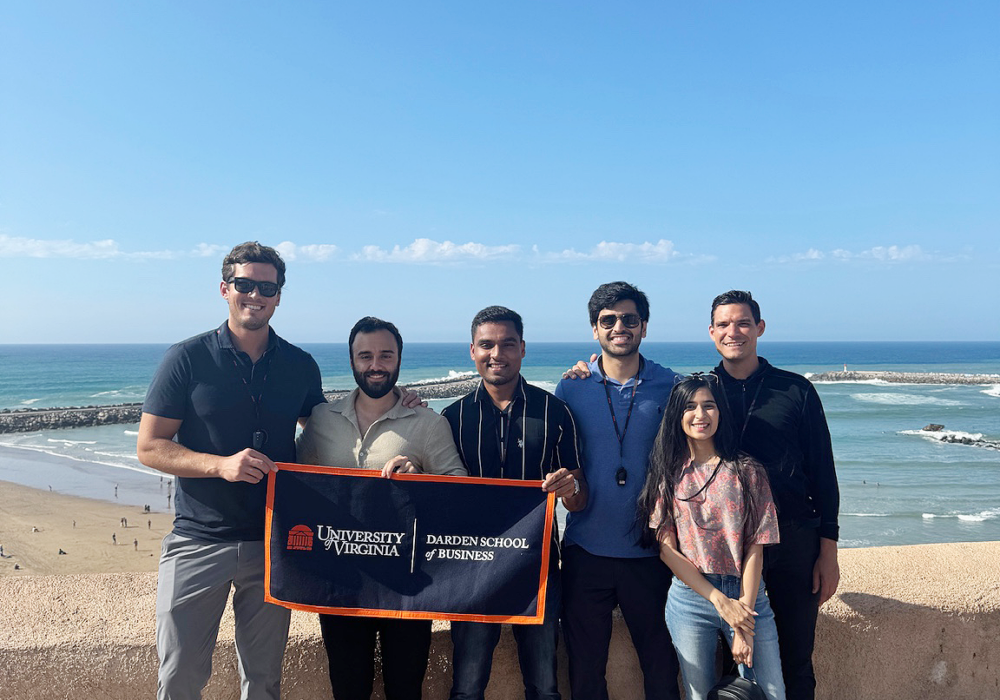
Challenged Preconceptions and Broadened Perspectives
The Darden Worldwide Course forced me to confront several preconceived ideas I held about business in developing economies like Morocco. Before the trip, I assumed that Moroccan companies might lag in adopting global trends, especially in sectors like finance and energy. However, the adaptability and forward-thinking strategies employed by companies like TAQA proved otherwise. These companies are not only aware of global trends but are also actively localizing and implementing them in ways that cater to the Moroccan context.
The experiences that resonated most with me involved seeing businesses like Beni Rugs combine traditional practices with innovative models. Observing Beni Rugs’ impact on local communities shifted my understanding of how businesses can play a vital role in social and cultural preservation while still pursuing growth and profitability. It highlighted the idea that business success can be about more than numbers — it can also be about preserving heritage and uplifting communities.
Cultural Immersion and Personal Growth
Beyond the company visits, our time in Morocco was enriched by deep cultural immersion. One of the most memorable experiences was participating in a traditional Moroccan cooking class. We learned to prepare classic dishes like tagine and couscous, which involved a delightful blend of spices and cooking techniques passed down through generations. This hands-on experience was not just about cooking; it was a window into the heart of Moroccan culture and traditions. We also had the chance to explore the bustling Medina Market, where the vibrant sights, sounds and smells created an atmosphere that was simultaneously overwhelming and enchanting. The market was a true reflection of Morocco’s cultural vibrancy, with vendors eagerly showcasing their crafts and foods in a setting that felt like stepping back in time.
The hospitality we encountered throughout our journey was deeply moving. Whether it was in the cooking class, company visits, or casual interactions, the Moroccan people’s warmth and openness made us feel genuinely welcome. Learning a few Arabic words like “Shukran” (thank you) allowed us to connect more personally with the locals, even if only in small ways. It was in these moments that I truly appreciated the beauty of Moroccan culture — a harmonious blend of deep-rooted traditions and genuine human connection.
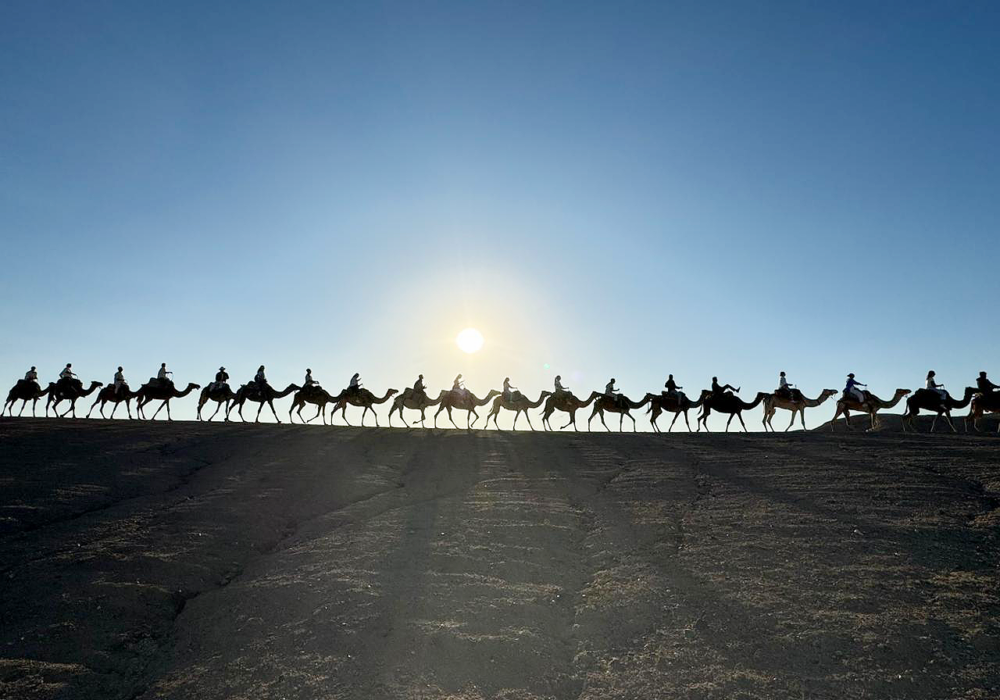
Conclusion
My experiences in Morocco fundamentally reshaped my understanding of business in a different cultural context. What I once viewed as a linear narrative of growth and profitability has expanded into a more layered understanding of how tradition, community, and strategic adaptation shape business decisions. From TAQA’s strategic foresight to Beni Rugs’ cultural impact, each visit contributed to a broader and deeper appreciation of Morocco’s evolving business landscape. Coupled with the rich cultural immersion — from cooking traditional dishes to navigating the lively Medina Market — this course not only changed how I think about business in Morocco but also made me more attuned to the complex interactions between tradition, growth and social responsibility in any business context.
